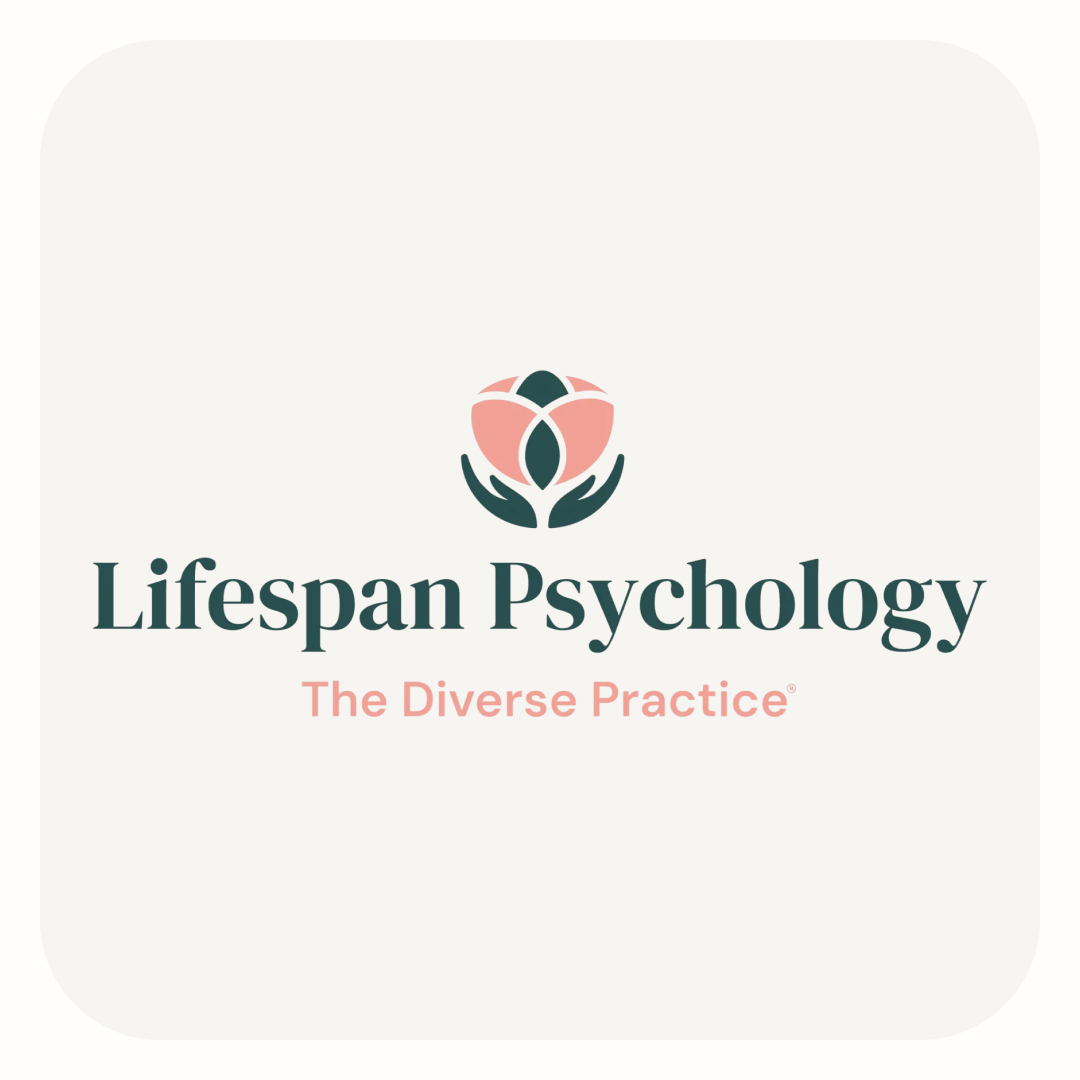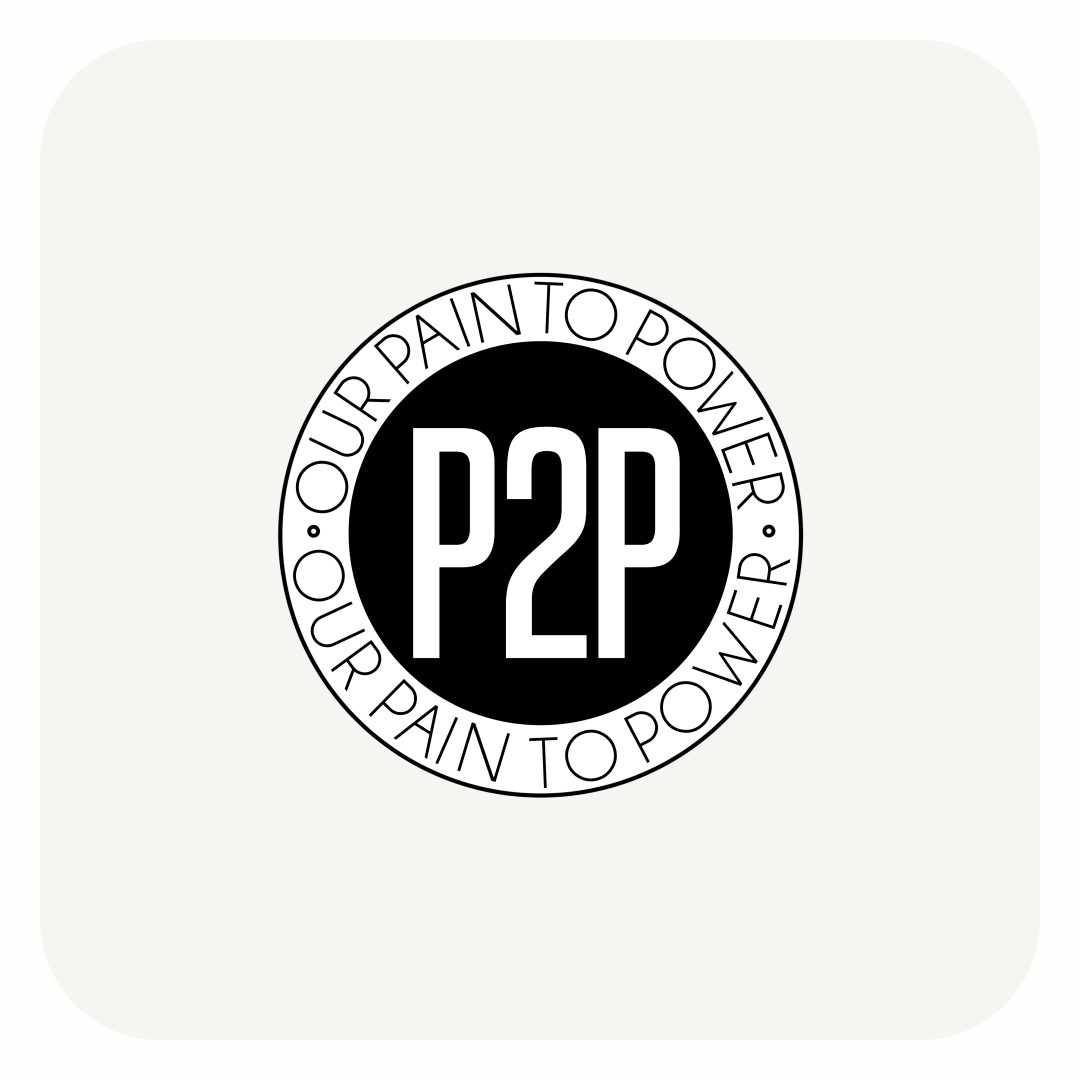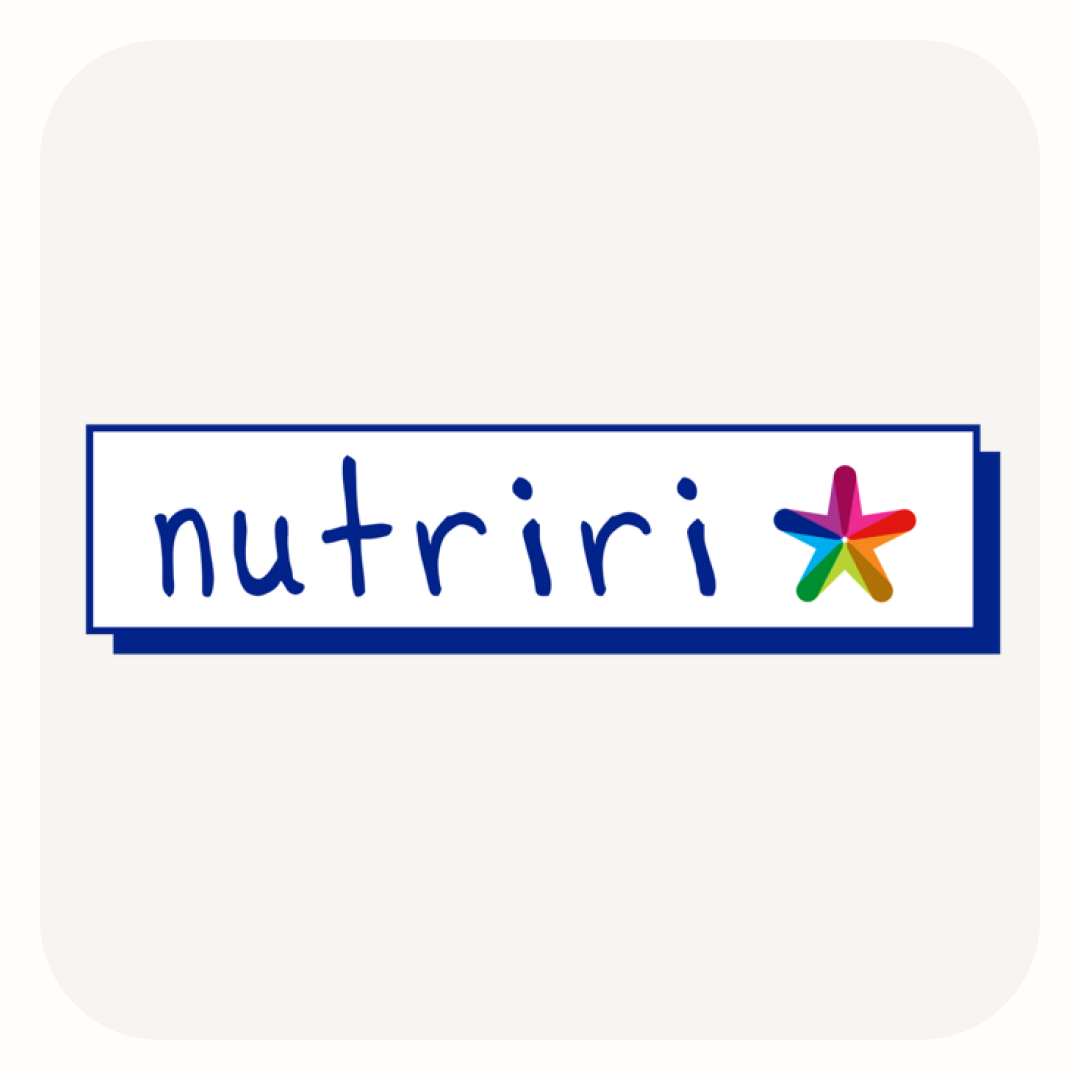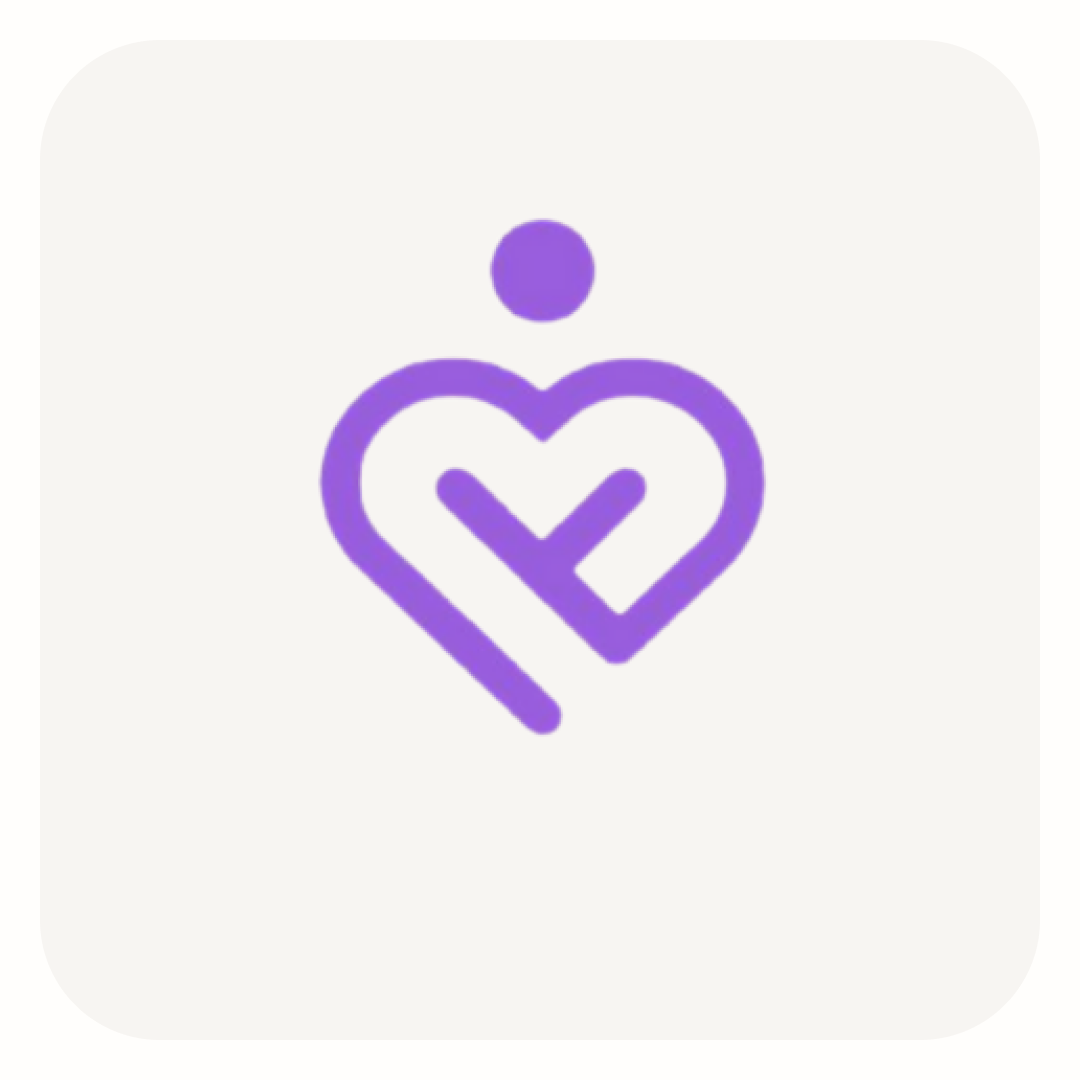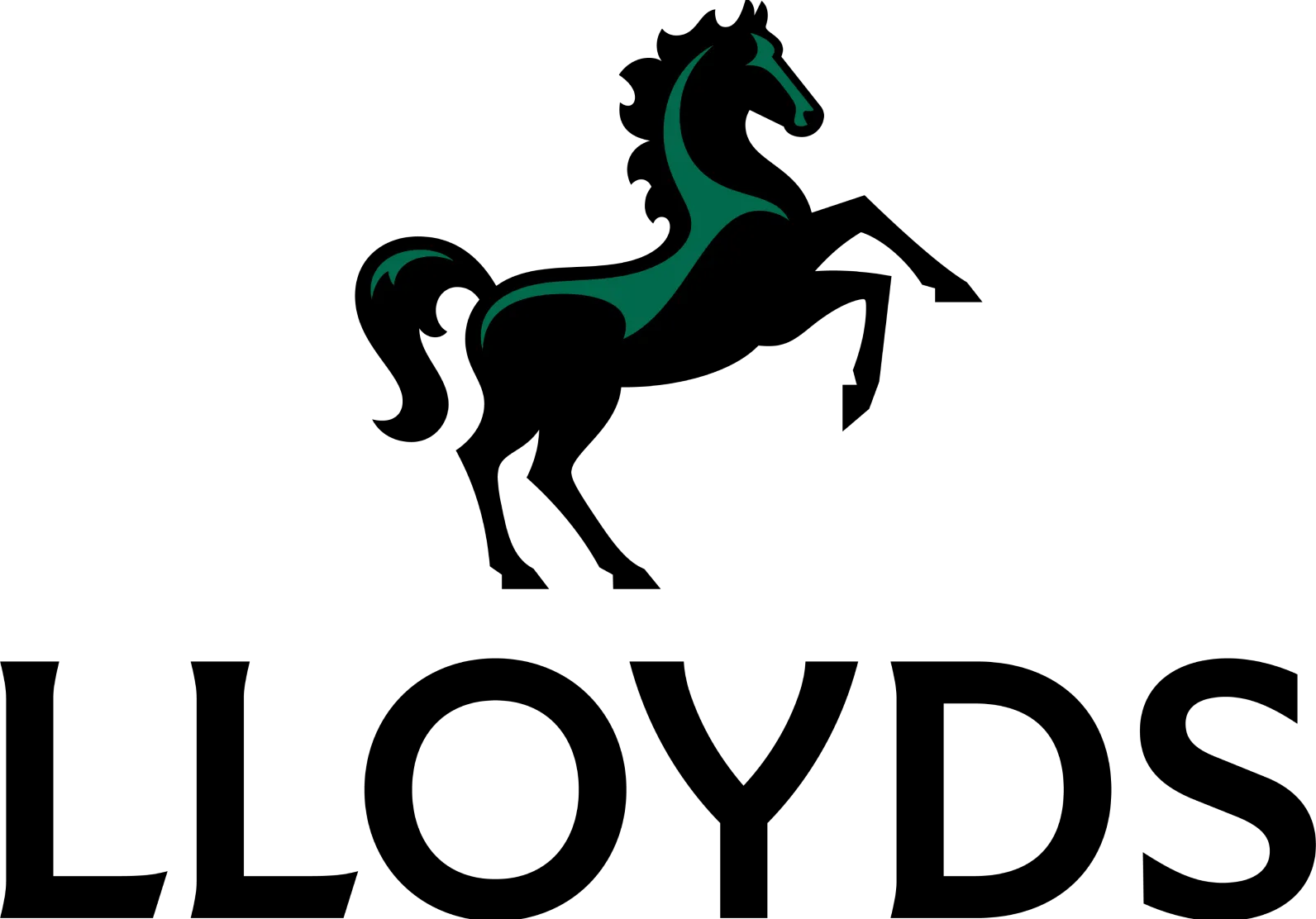Menu
What we do
Experience Foundervine
If you are a founder, partner or collaborator find out how you can work with Foundervine.
Programmes
Accelerate your growth with Foundervine and choose the programme that suits your business stage.
Consultancy
Ullamcorper est aliquet non orci sapien in amet dignissim. Lorem ipsum dolor sit amet consectetur.
Events
Join the vibrant Foundervine community as an ally, attendee or cheerleader at one of our events.
.webp)
